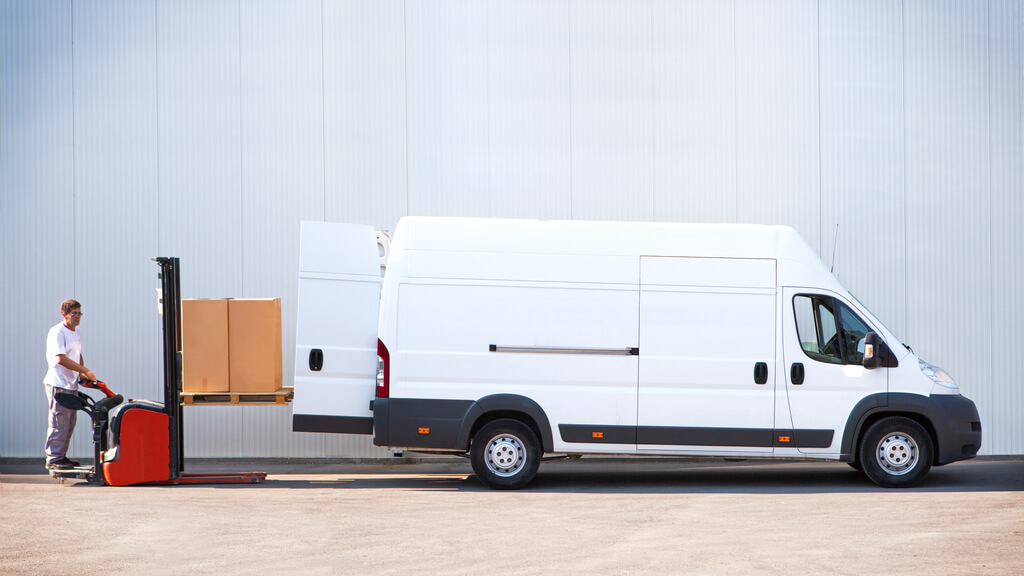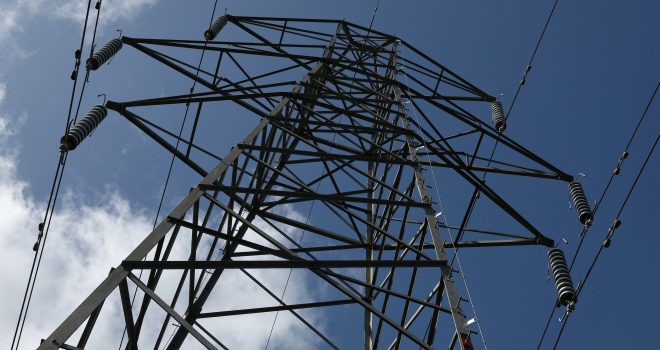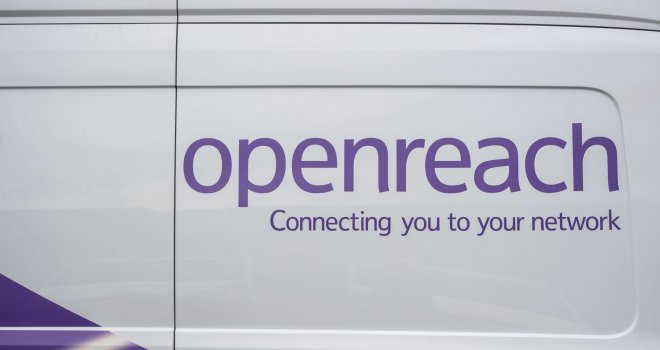Customer Expectations: B2B Same-Day Delivery

The world of business-to-business (B2B) logistics and delivery is undergoing significant transformation. One of the driving factors behind this change is the expectation of a same-day delivery service offering.
But where did this need for speedy delivery come from? And what have customers come to expect from the service they are using?
The Changing Landscape of B2B Delivery
Same-day delivery, once a service that was a USP for many businesses, is now becoming the norm. This is largely down to the rise of e-commerce, teamed with the need for more agile and responsive operations.
During the pandemic, many customers turned their attention to buying essentials online. Bac in 2020, bricks-and-mortar stores were setting up online and getting products to people was vital while everyone, from everyday consumers to business owners, stayed home.
Since then, same-day delivery has continued, and this has especially been the case in the B2B sector. Now, businesses are realising that the faster they can get their products to customers, the better they can meet their operational needs. Same-day courier services are, therefore, one of the first things that a business will look for in their logistics provider.
The demand for same-day delivery has been reinforced by heightened customer expectations. Today’s B2B clients, accustomed to the convenience of e-commerce in their personal lives, expect a similar level of efficiency and speed when dealing with their business partners.
In fact, efficiency, along with customer experience, are some of the criteria for the annual Haulage and Logistics Awards. This reinforces the need for services that enable productivity across the business landscape – including getting goods delivered on time and of the highest quality.
The Expectation of Speed
Traditional shipping methods, with their extended delivery times, don’t meet customer demands anymore. Today, B2B customers expect their orders to be fulfilled not just within days but, in many cases, within hours.
Businesses are expected to rise to the challenge, ensuring that orders are fulfilled with speed and reliability. Meeting these expectations requires sophisticated logistics, close coordination with transportation providers, and efficient inventory management.
If expectations aren’t met, it can mean delayed deliveries disrupting operations and potentially straining business relationships.
The Need for Real-Time Tracking and Communication
Technology is playing a pivotal role in providing visibility. B2B clients expect transparency throughout the delivery process, and this means they can monitor their shipments and coordinate with their logistics providers.
Advanced tracking systems, powered by GPS technology, allow businesses to pinpoint the exact location of their shipments in real time. Additionally, cloud-based communication platforms make it possible to ensure a dialogue between businesses, logistics providers, and customers.
Consistency and Flexibility
Consistency is non-negotiable. Customers expect their deliveries to arrive on time, every time. Missed or delayed deliveries can have a ripple effect, creating disruptions and, in some cases, financial losses. So, the pressure is on for businesses to maintain the highest standards, and this includes being reliable. Otherwise, there could also be a knock-on effect on the business’ reputation.
Flexibility in delivery options, such as choosing delivery windows or specific delivery locations, is, therefore, no longer a luxury but a necessity. It’s vital that businesses can keep up with these expectations in order to mee the needs of customers and clients.




